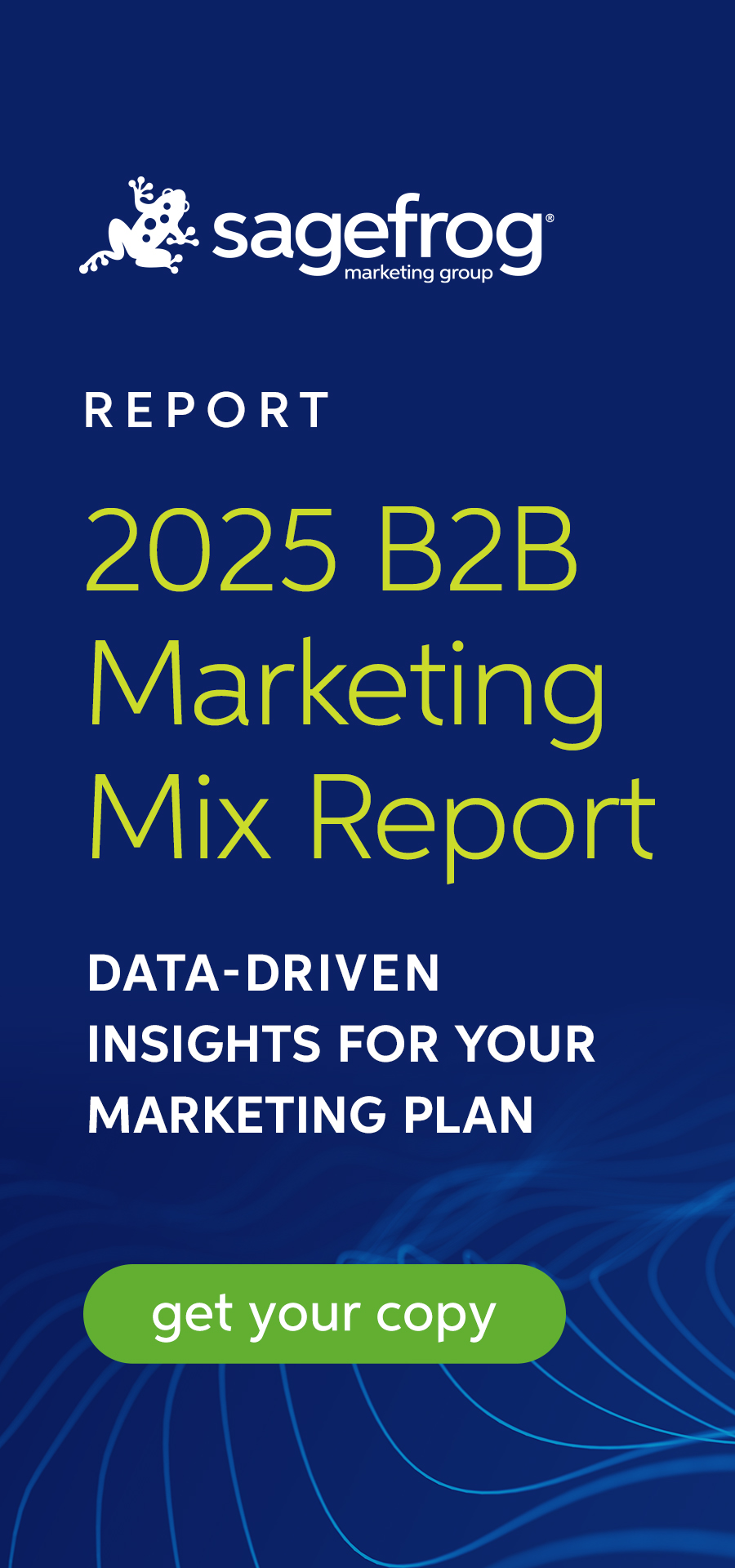When a B2B company works with a HubSpot agency, its sales team and marketing manager are critical to the marketing planning process. Marketing agencies using HubSpot’s software have a multitude of tools and metrics at their disposal to monitor their clients progress towards respective goals, but those goals have to be set correctly if they have any shot at being achieved.
We’ve all heard about making business goals SMART, or: specific, measurable, attainable, reasonable and timely, but what makes a marketing goal SMART? More importantly, how can HubSpot agencies and marketing managers, like you, work together on a marketing plan that includes SMART goals?
Goal-setting is the primary step in any strategic marketing planning process. Goals are the single most important source of guidance for marketing planning because they affect both the investment of time and money that companies make, and the returns they see on those investments. In this blog, we’re diving into the process of marketing goal-setting, planning and execution with your HubSpot agency.
Step 1. KPI Benchmarking & Goal-Setting
HubSpot tracks and provides a great deal of data to inform and monitor the goals a company sets for their marketing program. This data is what agencies and marketing managers use to track key performance indicators (KPIs), which are metrics that demonstrate performance with respect to organizational objectives.
To help you see and report on your HubSpot ROI to upper-management, your HubSpot agency will benchmark your KPIs before launching campaigns to give a realistic look at its impact and performance.
HubSpot marketing automation makes it easy to keep track of the information you need to track KPIs across all inbound, and some outbound, tactics such as content offers, blog posts and marketing emails.
Your HubSpot agency will consider the following scenarios when setting goals with KPI data:
- When content offers are garnering a great deal of visits and lead conversions, it’s time to perfect emails to make sure those newly obtained contacts are converted to customers.
- When blog posts and webpages are getting a great deal of visits, but lead conversions aren’t up to par, it’s time to create compelling gated content that generates form fills the company needs.
- When your website can’t seem to get enough visits, it’s time to create helpful, human and searchable content for prospects and customers to find.
Step 2. On-Brand Marketing Planning
Not every HubSpot agency provides branding services like Sagefrog does (wink wink); rather, many focus on executing HubSpot’s inbound methodology. In either case, your agency must consider your brand while creating inbound content. Among other things, your brand determines the voice, tone and appearance of the content your company publishes.
When a HubSpot agency begins to establish goals based upon your KPIs, it should test the appropriateness of those goals by asking: Are these goals on-brand? Would achieving this goal help the company be perceived the way it aspires to be?
For example, if a company that aspires to be viewed as a high-end or luxury brand, it should work towards creating longstanding, personal customer relationships, before working towards massive amounts of web traffic.
Sometimes a company’s brand doesn’t affect the goals it sets as much as it effects the means that company should use. Many companies have similar goals, but the means to achieve them needs to be changed depending on how that company wants to be perceived. “Getting 10% more visits to our new blog post by the end of the month,” might be a common goal for various companies, but the marketing plans among those companies might differ greatly depending upon the brand image they’re trying to establish.
Step 3. Tactical Planning & Execution
While agencies vary in how they individually carry out steps of the marketing planning process, every HubSpot agency needs to recognize and participate in two stages of marketing planning:
- A “high-level” or strategic stage relates to goal-setting, objectives and the general ideas of where the company needs to go and how the agency can help the company reach that destination. This is the stage where goals are set and distilled into quantifiable or recognizable objectives and KPIs.
- A “ground level” or tactical stage focuses on actionable decisions about the use and timing of various marketing tactics. This is the stage where a marketing calendar, or tactical marketing plan (TMP) should be created that lays out the deadlines for the completion of short-term tasks and the deployment of ongoing tactics.
In this examination, we’ve focused mostly on the high-level stage. The right HubSpot agency will engage in high-level planning first to make sure your marketing plan has direction and that each tactical investment contributes to your ROI. Be sure that you’re working with your agency on initial KPI benchmarking and goal-setting, and also continuing to review and adjust those goals as you launch new campaigns.
You can learn more about working with a HubSpot agency to achieve your goals by downloading: Your Guide to Finding the Right HubSpot Agency Partner.
Sources


